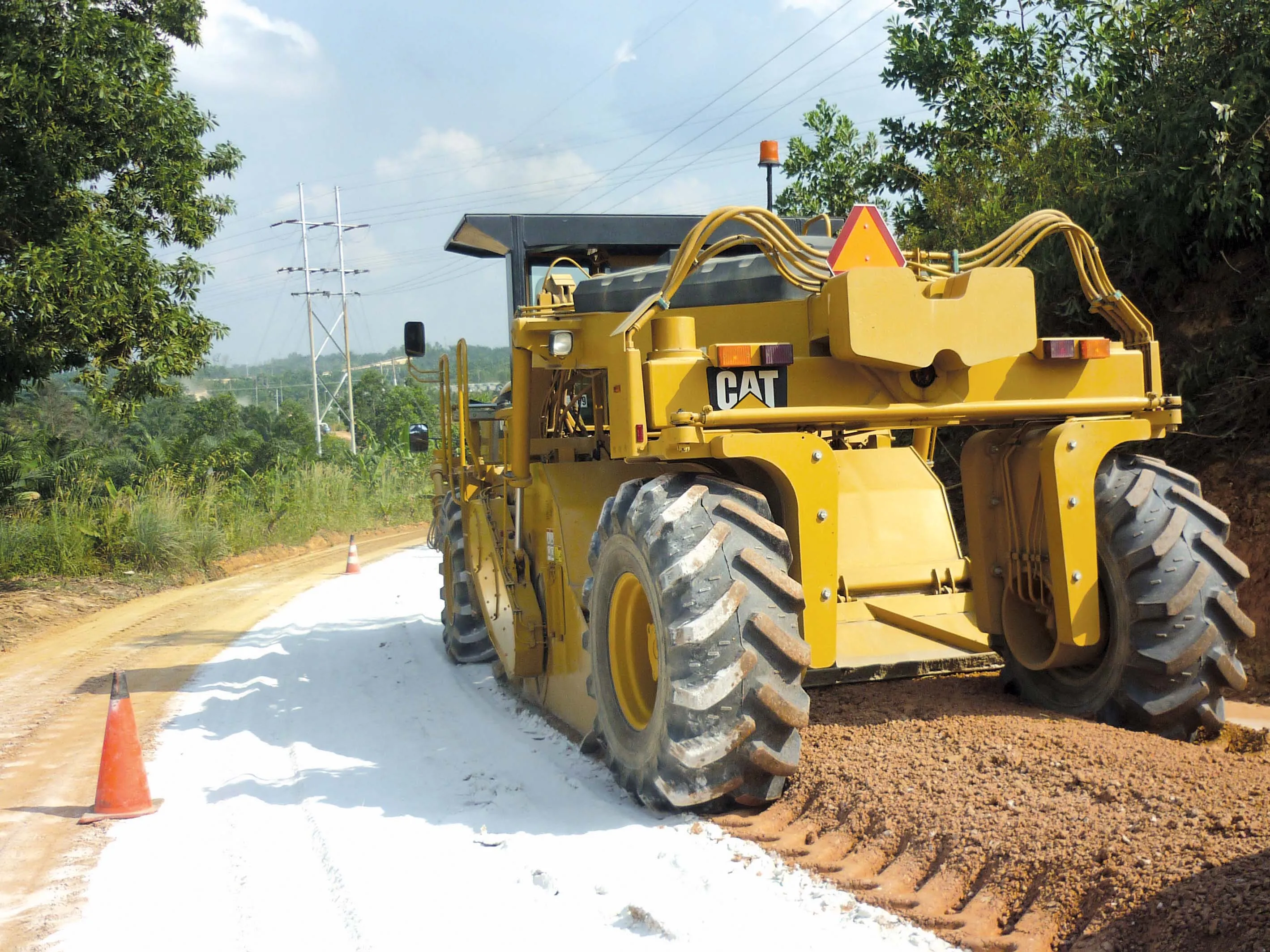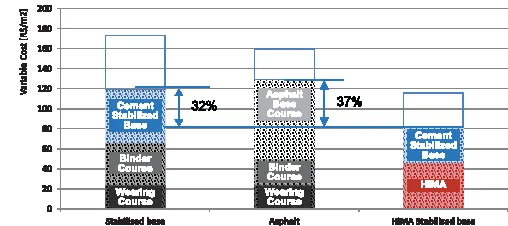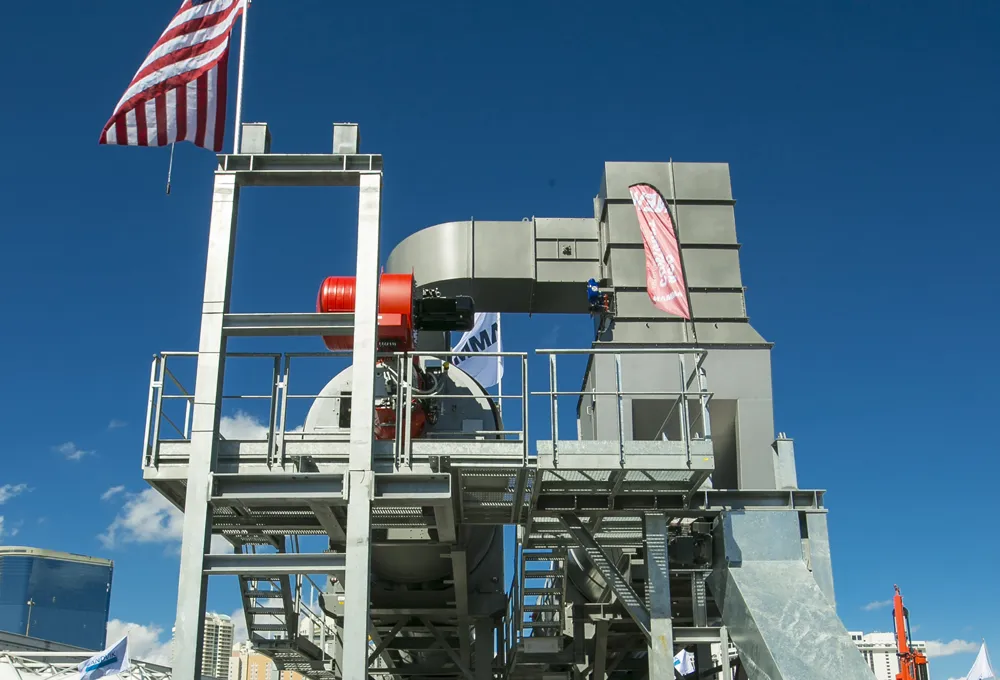
Preservation can make roads perform better and last longer - and save money in the long run. Kristina Smith reports
The trial follows on from the successful application of the half-warm porous asphalt, LEAB-PA, on a rural road, the N314 near Zutphen in 2010. “The results of this short test-section were so good that we and the Dutch Highway Administration, Rijkswaterstaat, thought we were ready for a large test-section on a highway,” said BAM Wegen road engineer Marco Oosterveld.
The use of porous asphalt, a surface layer, is mandatory on the Dutch primary network. One of the main reasons why porous asphalt has to be replaced is due to ravelling, the loss of stones from the road surface, which means that it is critical to get the composition of the mix right, according to BAM Wegen. The firm is part of the Royal Bam Group and laid over 150,000tonnes of low-energy asphalt (LEAB) in base layers in the Netherlands between 2011 and 2012. This year it has installed the LEAB technology at three of its eight asphalt plants and has sold the right to use the patented production technique to a large Japanese road construction company, and has also recently completed similar negotiations with a large asphalt producer in Germany.
The contractor also laid a second test-section on the A18, which is part of the IGO-ON-project for the Dutch Ministry of Transport, Public Works and Water Management, surfaced with a fibre reinforced porous asphalt. Panacea fibres, fine acrylic fibres, were added to the mix to prevent bitumen erosion and extend surface life.
The cost of the half-warm porous asphalt is similar to traditional mixes, said Oosterveld, with the investment in technologies more-or-less equivalent to the savings due to lower energy consumption during production. The next step will be to monitor the two test sections, comparing their performance to standard porous asphalt. BAM will use its own road research laboratory in Utrecht to perform tests on cores taken from the test strips. The firm has received a grant for research into sustainable innovations in processing and use of asphalt through the European program LIFE +. The four-year research period has been named AP ² LE (Low Energy and Emission Asphalt Pavements).
Iterchimica asphalt rejuvenator
A green rejuvenator from Italian road pavement asphalt additive specialist
The combination of a higher proportion of RAP combined with less energy use at the plant can make for cost savings, said Giannattasio. Launched three years ago, with other products forming Iterchimica’s ‘Green Line’ range, ACF 1000 has found favour with Italian contractors. In Italy the roads industry faces the twin challenges of cost -cutting and meeting stringent environmental rules relating to emissions at asphalt plants. “All the contractors are trying to squeeze prices down, so they are looking to use as high a quantity of RAP as they can,” said Gianattasio. “At the same time the authorities here are sensitive to the problem of emissions. Plants that don’t meet the reduction targets are closed down.”
Iterchimica also reports the use of its rejuvenator in Belgium, Switzerland and Spain. And the company is talking to UK contractors following on from a research report from the UK’s Transport Research Laboratory which confirmed ACF1000’s rejuvenating properties.
RSS









